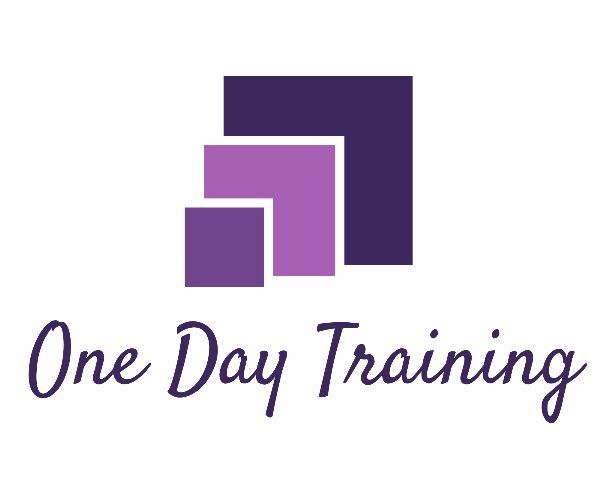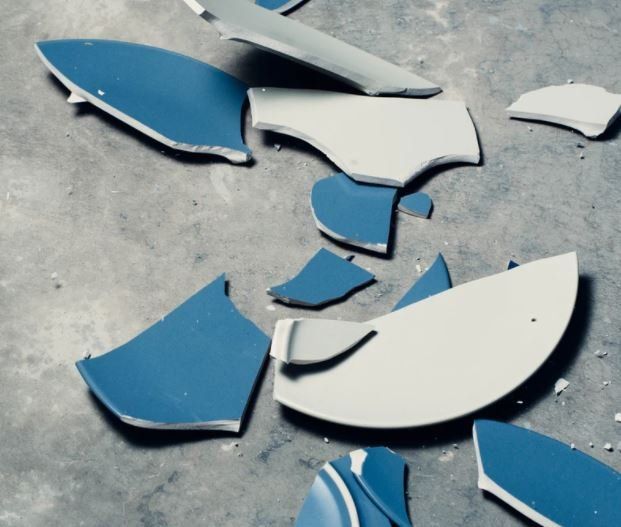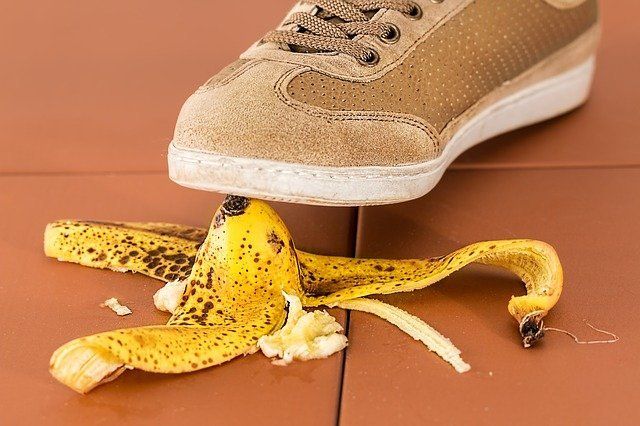A list of reasons to have a list
- They are easy to do
- Bring some order to the everyday chaos
- Help you to remember stuff
- Relieve stress
- Help you get stuff done
- And be self satisfying when you tick things off
Be enthusiastic to create lists.
Creating task lists of items you need to get done—both personally and professionally—is a great way to organise and prioritise the stuff you need to do.
It is pretty simple and quick. Just grab a paper and pen, or go for something fancy and pre-printed with TO DO at the top. Many people overlook this simple organisational tool . I find that one of the most productive times to write out your to-do lists is at the beginning of each day, when you mind is fresh, you haven't opened up a bunch of emails and you can play the tasks of the day and really get stuck in to sorting out what is important. Once done, open up the emails and work through them. Add new tasks to the list. Don't forget to think of the urgency and importance of each task. Make a note of what needs to be done first. Creating your list during this peak productivity time will allow you to be more relaxed, and even become aggressive with tasks and timelines.
Another positive result of creating lists is that you won’t have to rely on your memory for these items. Not having a task list can cause you to mentally cycle through items over and over, which is a way to drain your focus on items you are currently involved in.
Having a detailed list with completion dates will stop that procrastination —and free that thinking time to concentrate on what's important. If you find yourself getting into that cycle or jumping about from task to task, stop and ask yourself "Is this the best use of my time right now?"
While you are creating your habit of list making, have a look around you ... is it clutter free? Having clutter causes chaos. If you live and surround yourself with clutter, it will in some way hold you back from getting stuff done. You may not be able to find information you need, or you will spend a lot of time getting things moved from one place to another. Have a system and use it to file stuff, or scan and save important documents.
Set time aside each day or at least weekly, to ensure your work area is clean and free of items that cause clutter, or any type of negative distraction.
Get into the habit of sorting out clothes, shoes, bags and anything else. Put them in the garage or shed - if you haven't needed to go in to get them in 2 - 3 months then you didn't need them and they can be recycled or given to a local charity.
Ideas, views and other weird stuff. Search the blog:











